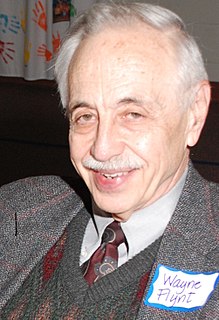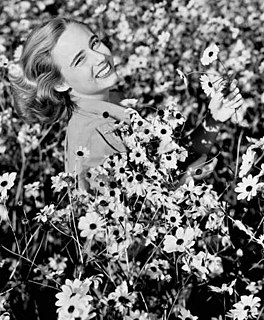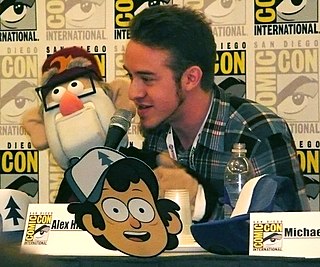A Quote by Chimamanda Ngozi Adichie
I would come, many years later, to understand why 'To Kill A Mockingbird' is considered 'an important novel', but when I first read it at 11, I was simply absorbed by the way it evoked the mysteries of childhood, of treasures discovered in trees, and games played with an exotic summer friend.
Related Quotes
As a matter of fact, I constantly tell audiences all over the world that the single greatest icon of American culture from the publication of "To Kill A Mockingbird" was that novel so that if we say, what conversation can we have that would lead us on a road of tolerance, and teachers have decided that if you're going to teach values in a school in America, the answer that American teachers at all kinds of schools have come up with, just let Harper Lee teach "To Kill A Mockingbird." And then all the teacher has to do is stand back and guide the discussion.
Why are murder mysteries so popular? There's a 3-part "formula" (if you want to call it that) for a genre novel: (1) Someone the reader likes and relates to (2) overcomes increasingly difficult obstacles (3) to reach an important goal. The more important the goal, the stronger the novel. And the most important goal that any of us have is survival. That's why murder mysteries are more gripping than a story titled "Who Stole My TV Set.
I first read Harper Lee's 'To Kill a Mockingbird' as a teen in school, like you did. I read the book alone, eating lunch at my locker, neatly scored oranges my mother divided into five lines with a circle at the top, so my fingers could dig more easily into the orange skin. To this day, the smell of oranges reminds me of 'Mockingbird.'
Whenever summer rolls around I begin to realize that I'm a complete and utter book snob. In relation to reading, I have absolutely no guilty pleasures at all. No graphic novels. No murder mysteries. My summer read is really no different from my winter read. I know many bookshops and magazines would have me believe that our summer forays are different, but literature is literature, and unfortunately snobbery is snobbery.
Every story has already been told. Once you've read Anna Karenina, Bleak House, The Sound and the Fury, To Kill a Mockingbird and A Wrinkle in Time, you understand that there is really no reason to ever write another novel. Except that each writer brings to the table, if she will let herself, something that no one else in the history of time has ever had.
In my college years, I would retreat to our summer house for two weeks in June to read a novel a day. How exciting it was, after pouring my coffee and making myself comfortable on the porch, to open the next book on the roster, read the first sentences, and find myself on the platform of a train station.
Depended on the soldier. To relax, most of them put on headphones or played video games. Later in the war some of the younger officers began to read a lot of anthropology because they realized that the basic problem was that they were trying to fight a war in a culture they didn't understand. They might have read someone like Margaret Mead.
I first came across the script for 'Macbeth' between the ages of 11 and 12; it was the first book that shook my life. Because I did not yet understand that I could simply purchase it in a bookstore, I copied much of it by hand and took it home. My childhood imagination pushed me to feel like a co-author of the play.





































